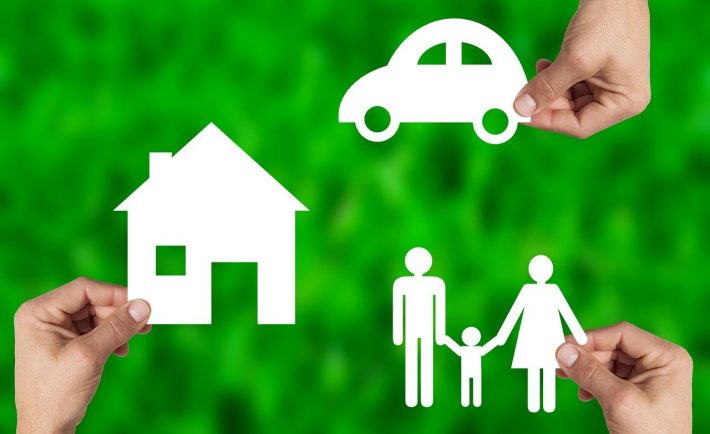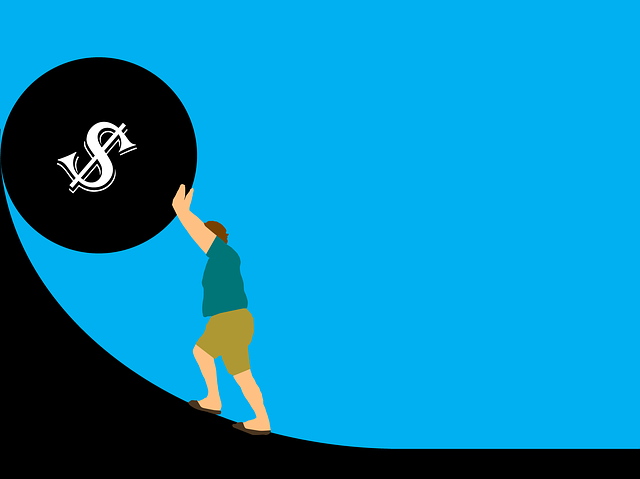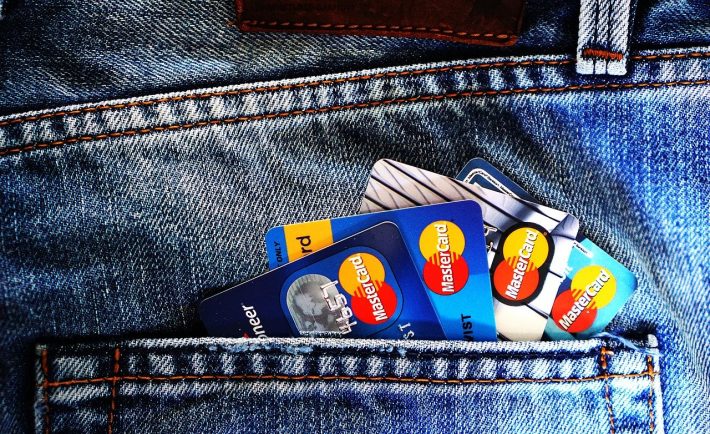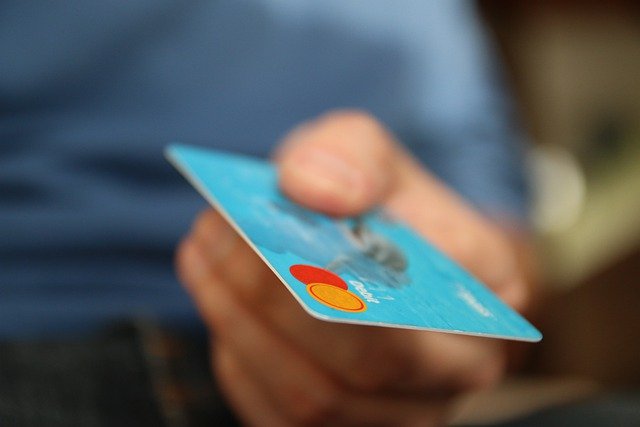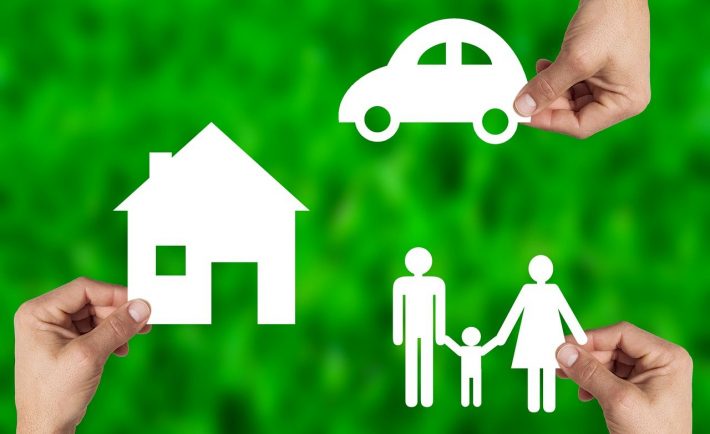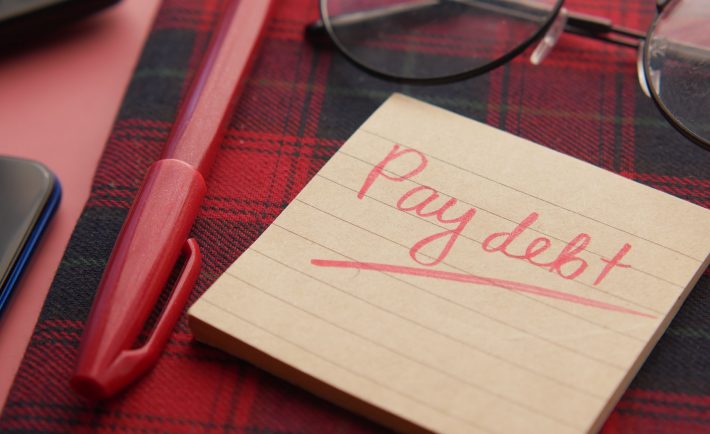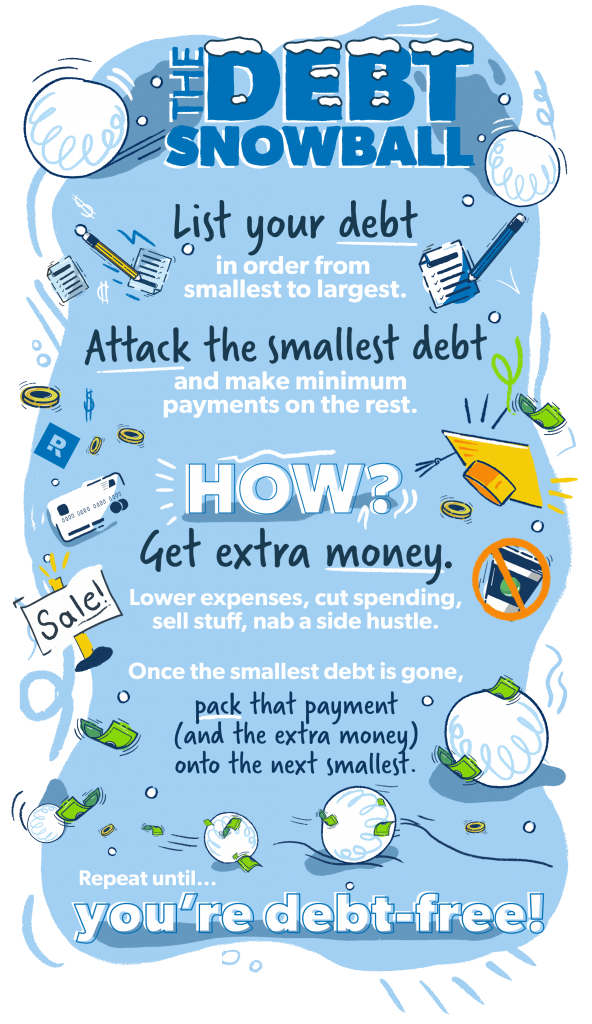Getting a home loan can be one of the most important financial decisions you’ll ever make, and while the process can seem overwhelming, it doesn’t have to be. If you know what to expect and how to prepare, you’ll be better equipped to get the best deal on your mortgage and secure your home faster than ever before. Here are five things you should know about getting a home loan.
Top 5 Things You Should Know About Getting a Home Loan
1) Understand the process
The home loan process can be confusing and even overwhelming at times, but it doesn’t have to be. First, get your paperwork in order: gather your pay stubs, credit report (including your latest report), bank statements, property tax records, homeowners insurance records and any other supporting documents that may help with qualifying for a mortgage. Remember that the amount of loan you need and will receive will depend on the type of home you are looking to purchase, for instance if you are looking for places that have indoor gas fireplaces versus a small one bedroom with no windows, the insurance amounts among other variables will differ, hence impacting the overall loan.
2) Save for your down payment
One of the most important things to know about getting a home loan is that you will need to save for a down payment. The amount you will need to save will depend on the type of loan you get and the lender you use, but it is typically around 3-5% of the purchase price of the home. If you have questions about how much your down payment should be, talk with a real estate agent or mortgage broker to see what they recommend. They can also help you figure out if you are able to afford the monthly payments and provide more information about what kind of loan might work best for you.
3) Calculate how much your monthly mortgage payment will be
When you’re ready to buy a home, one of the first things you’ll need to do is get pre-approved for a mortgage. This will give you an idea of how much money you can borrow and what your monthly payments will be. Here are the top five things you should know about getting a home loan. Before buying a house, it’s important to understand how much you can afford. That’s why pre-approval is such an important step in the process. It will tell you what kind of house you can afford and the size of mortgage payment that would be best for your budget.
4) Choose your mortgage type (Fixed, variable, interest only or offset)
If you’re looking to purchase a home, you’ll likely need to obtain a mortgage. There are many different types of mortgages available, and each has its own pros and cons. Fixed-rate mortgages, for example, have a fixed interest rate for the life of the loan, but this means your monthly payments will be higher. Variable-rate mortgages have an interest rate that is adjusted periodically at set intervals or whenever the bank changes their prime lending rate. It can fluctuate up or down as well. Interest only mortgages allow you to pay only the interest on your loan during the first few years while the principal stays unchanged. Offset mortgages allow you to offset your savings account against the outstanding balance on your mortgage so that when you make repayments, it reduces both what’s owing on your mortgage and what’s in your savings account by the same amount.
5) Have patience
The process of getting a home loan can be long and frustrating, but it’s important to be patient and understand that the lender is just trying to protect their investment.



